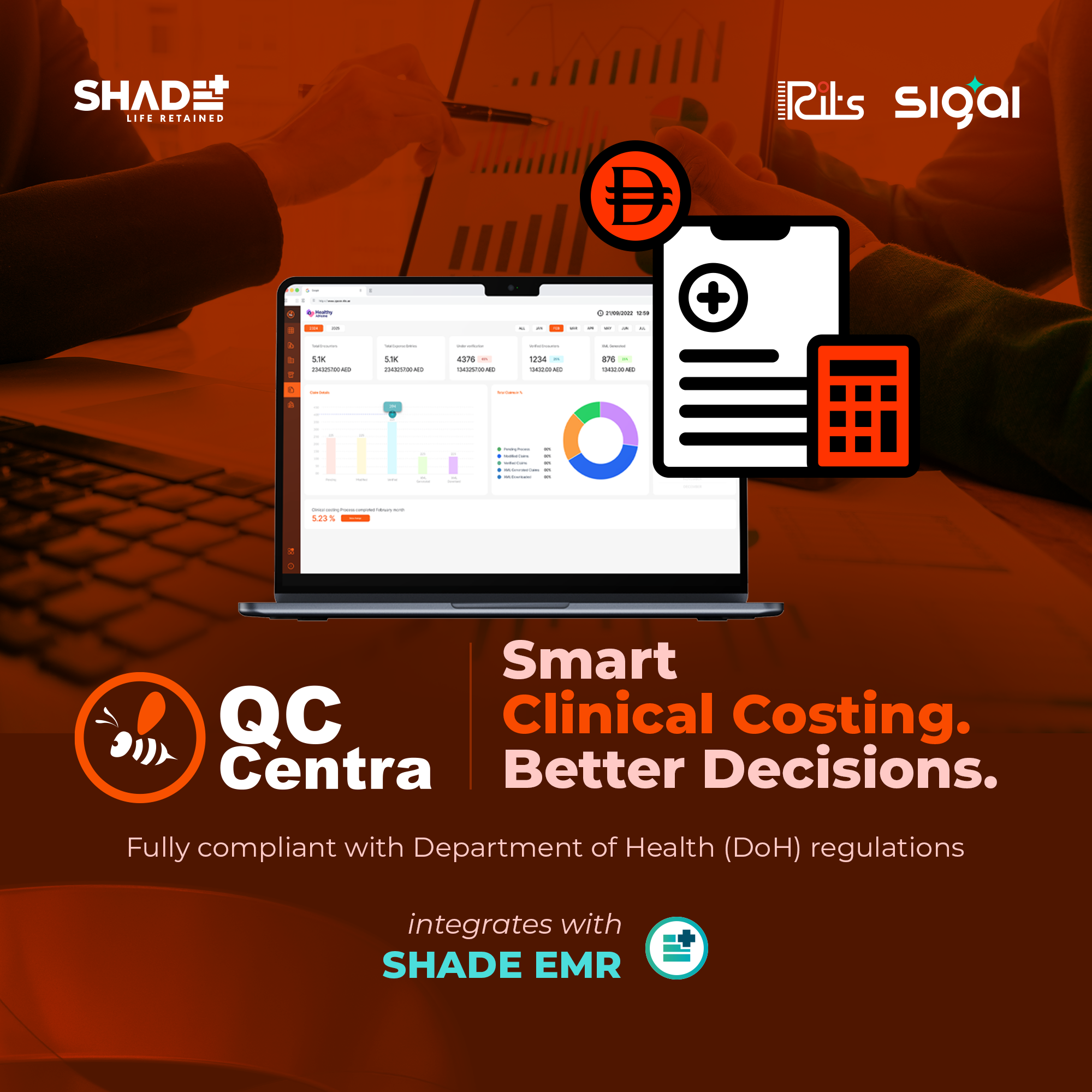Maximizing Efficiency: The Role of Accounting Software in SME Financial Management
Accounting software is indispensable for small and midsize enterprises (SMEs), streamlining financial management and offering valuable insights. It automates bookkeeping tasks, ensuring accuracy and efficiency in recording transactions. SMEs can create professional invoices, track payments, and manage billing cycles seamlessly, improving cash flow management. Expense tracking features categorize expenses, record receipts, and manage reimbursements, enabling SMEs to monitor spending closely and identify cost-saving opportunities. Various reports like profit and loss statements, balance sheets, and cash flow statements provide SME owners with valuable insights for informed decision-making and strategic planning.
Automated payroll processing minimizes errors and ensures compliance with labor regulations. Effective inventory management allows SMEs to optimize stock levels and avoid overstocking or stockouts. Accounting software also facilitates tax compliance by automating calculations, report generation, and filing assistance, reducing the risk of errors and penalties. Cloud-based platforms enable remote access and collaboration, fostering flexibility and teamwork among SME owners, employees, and accountants. In summary, accounting software offers automation, accuracy, and insights that are vital for SMEs, enhancing financial management processes, decision-making, and overall business success.





















